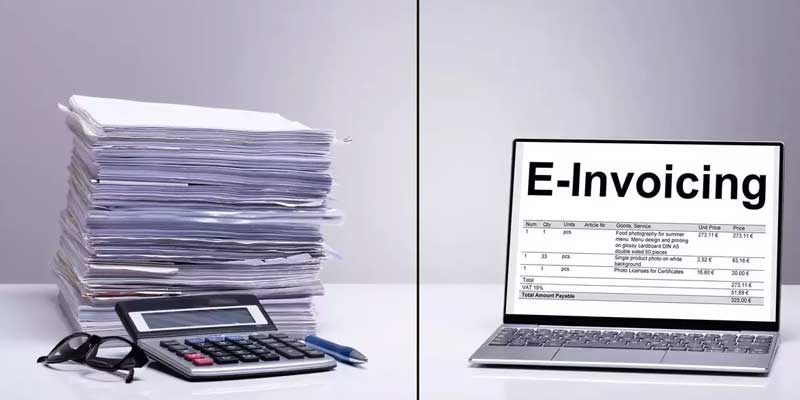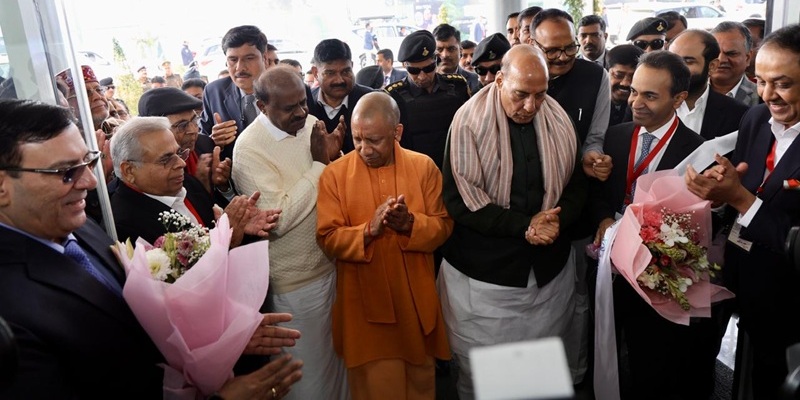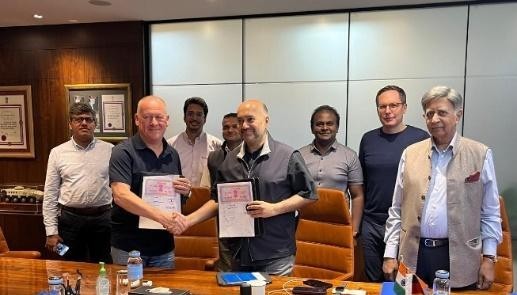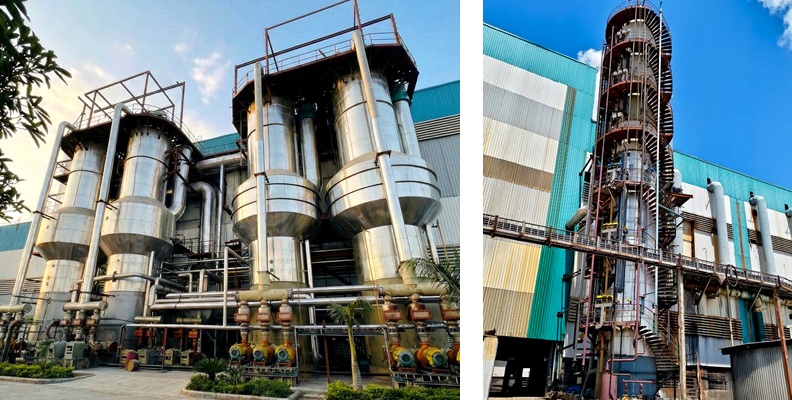Schedule a Call Back
GST reporting window extended to 30 Days for over Rs 100 cr turnover firms
 Industry News
Industry News- Sep 13,23

Related Stories

EV transition and tariff wars redefine India’s auto components play
India’s auto component industry is poised to hit $ 145 billion by FY30 from $ 80 billion in FY25. Yet high US tariff, EV transition and heavy reliance on imports from China expose vulnerabilities,..
Read more
EV shift, trade pressures threaten India’s auto components: Tushar Bhaskar
India’s auto component industry faces mounting risks as EV-led technology shifts, trade pressures, and critical material dependence threaten its global competitiveness.
Read more
Steep US tariffs put Indian auto-component exporters at risk: Sruthi Thomas
The Indian auto-component sector is expected to continue its growth trajectory over the near to medium term, given underlying tailwinds.
Read more














